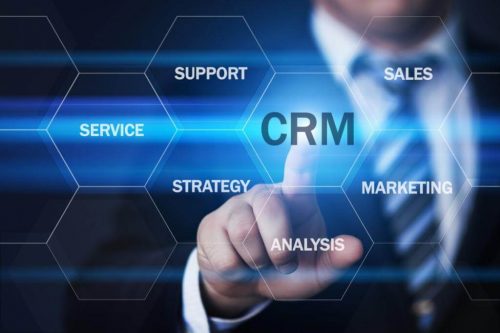Onboarding companies are always exposed to financial risks, which can only be countered through business screening. An organization has to expand its market relations for growth, but it is threatening at the same time. If the business onboards the company is involved in illicit funding, it may damage the company’s financing and reputation. The research shows that every year, millions of businesses collapse because of improper verification of partner companies while onboarding. So, business screening is the ultimate solution to check the legitimacy of the partner companies and detect potential risks associated with them.
Business Screening Requirements
Business screening involves a complete investigation of the company and whether it is legal and secure to onboard. The screening covers the financial activities, compliance with regulations, and market reputation of the business in question. For the current business status and background check, the requirements are mentioned below:
- Company name
- Address
- Registration number
- Contact information
- Tax ID
- Shareholding Details
The required documents for the business screening are as follows:
- Proof of address
- Article of Incorporation
- Balance sheet
- Bank statement
- Income statement
- Tax record
Business Verification Process
The complete process of business verification is divided into some important steps. It involves data and document collection, which are screened against databases. The ultimate beneficial owner verification is a crucial step in corporate screening to verify its legal status. The AML checks are conducted on companies to evaluate their background and their current financial status. The last but not least part of verifying a business is enhanced due diligence to stay vigilant about partner companies. The whole business screening process is discussed below:
-
Data and Document Collection
The business data, including the name, address, registration date, state or country, website, and tax ID, is collected. The documents include the article of incorporation, proof of address, balance sheet, bank statement, income statement, and tax record. The company is identified as a red flag if the information or document is valid or missing.
-
Document Screening
The primary reason for collecting documents is to screen them against official databases. Government and international organizations maintain business registers, and every country has its own parent registry in which all businesses are registered. Only registered ones are considered legitimate. This step is crucial in ensuring the thoroughness of the process and making the audience feel secure about the legitimacy of the companies being onboarded.
-
UBO Verification
The ultimate beneficial owner (UBO) of the company has a significant role in its legitimacy. For the business screening, it is essential to identify the UBO of the company in question. The UBO can be the beneficiary, director, or shareholder of the company with a specific share in company’s assets. The UBO documents are collected and screened to verify its legal and financial status. Additionally, the country’s registry only allows a paid option to access UBO documents, so verifying a UBO can be expensive.
-
AML Screening
The primary threat the business has from the partner companies is its involvement in financial crime. To mitigate such challenges, anti-money laundering AML checks are conducted on companies. It helps to determine whether the company is currently involved in money laundering or has a history of financial crimes. In AML screening, the company name is screened against the sanction list, watchlist, politically exposed person (PEP) list and blacklist. The local and international bodies maintain such lists, which helps in tracing red flags. Additionally, adverse media checks are applied to the company to detect negative news about it. The multiple media resources are scrutinized to screen the news against databases, which helps evaluate the company’s legitimacy.
-
Enhanced Due Diligence
After business onboarding, the crucial step is enhanced due diligence. Enhanced due diligence involves constant monitoring of the business’s financial performance. Keeping a record of transactions helps in detecting suspicious digital transfers. One of the primary advantages of enhanced due diligence is to track the financial performance of high-risk businesses. Companies have a history in black money or financial crime are cosnidered as high-risk profiles. The enhanced due diligence helps to build secure financial bond with such companies as they are prone to risks.
Concluding Thoughts
Business screening is essential for onboarding the company by reducing the financial risks and threats. It extensively investigates the company’s legal status, financial performance, AML compliance, and adverse media. This helps to identify the potential risks and prevent fraud. When the partner company complies with AML regulations, the threat of legal consequences is minimized. Corporations, financial institutions, enterprises, and other businesses must understand the importance of the verification process in growing in the market.
Also Read: How Do You Name A Virtual Event? 11 Ways









